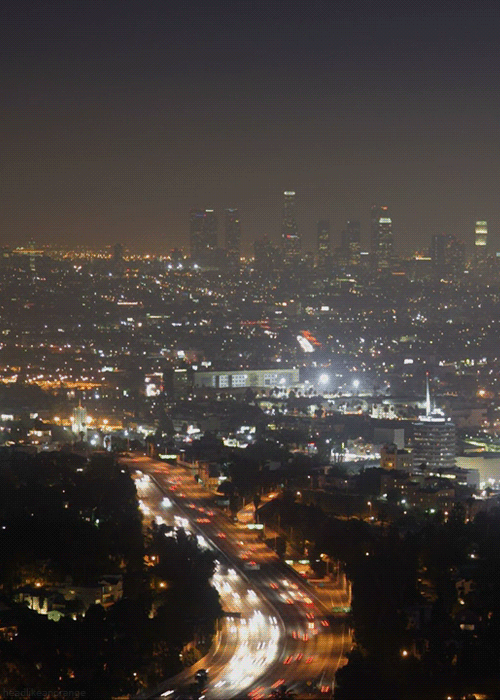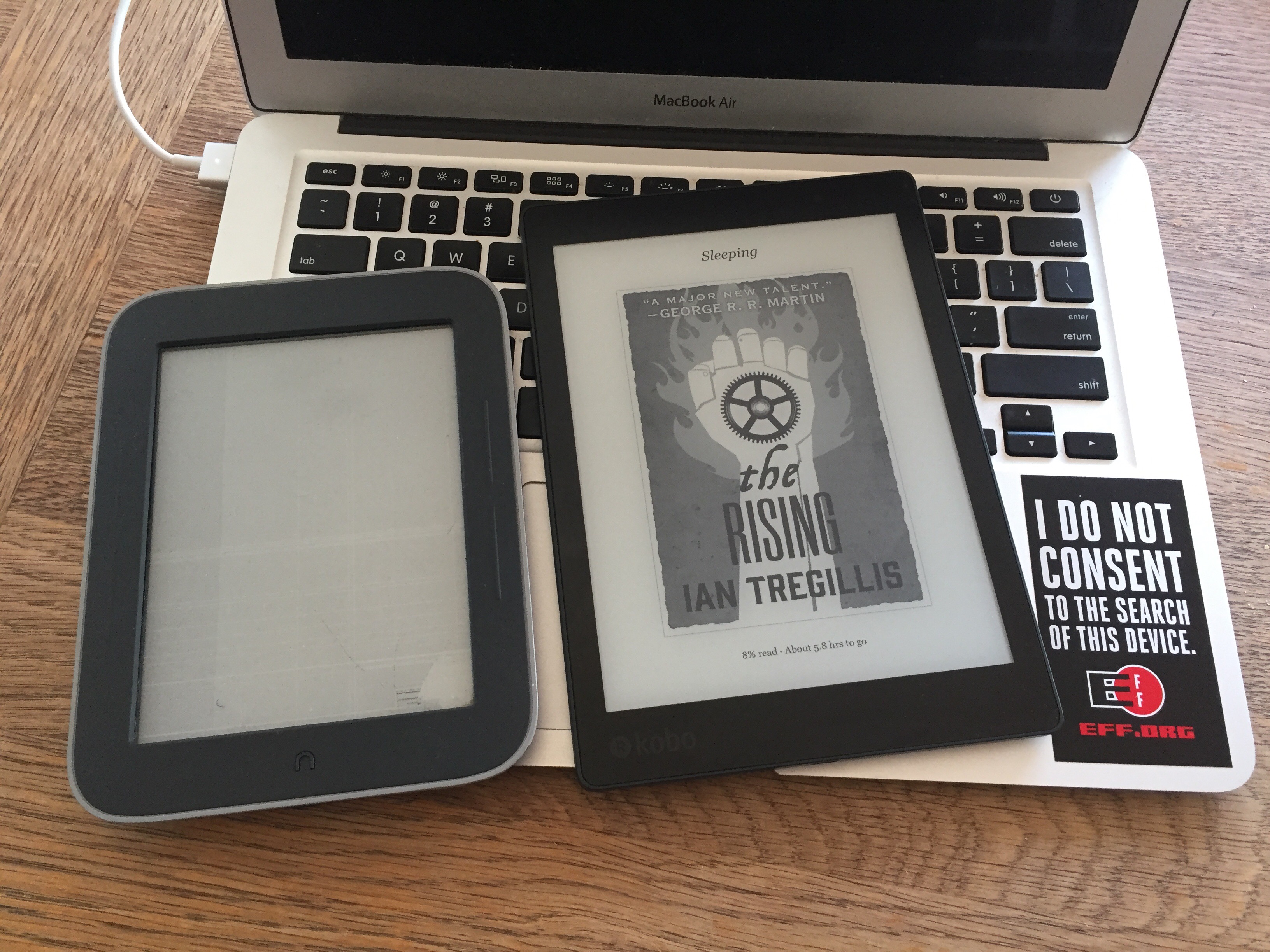Sonder
Guns
Narcissism
Sonder is what you feel when you are sitting on a plane, waiting for people to board and you realize that every person passing you is on a journey. This plane ride is an important part of their life and in their life you are just a minor character, a background actor. In the grand show of their life you’re an extra paid to mumble “rutabaga” to look like you’re talking.
Sonder is when you look down at the city and see people walking around knowing you’ll never know those stories. Everyone of those people are telling themselves and the world a story about who they are, what they’ve done, why. You’re telling a story too. You’ll never know even a hundredth part of the hundredth part of the stories around you. They’ll never know yours, but theirs are just as rich and complex, as painstakingly prepared. The camera of thought pulls back and back and back and the self becomes a dot, a pixel.
Sonder is when the impact of the world crashes into your head and you draw breath and feel not small but part of something huge.

Guns are a tool for killing. Guns are a tool for equalizing power. Guns are a force multiplier – they let you do a thing you would do, but do it more easily, more powerfully, more irrevocably.
The world is full of nice people and nasty people who want guns for similar and different reasons. Most people say they want guns for hunting animals or protecting themselves from nasty people. Of course, opinions differ as to who the nasty people are. Of course, opinions differ on if there are other, harder to speak reasons for wanting a tool that equalizes power. Guns are very American and our myths are full of people with guns. We love our guns and we hold them tight.
Narcissism is a perspective where the camera of thought is eternally turned in selfie mode. All things are seen with the self in the foreground. A tragedy is seen in terms of the properties one owns near it, not the many stories abruptly shortened by it or the tears of the survivors.
Narcissism is weird because it is very hard. The world is constantly connecting you, shaping you, crashing you into other people and changing you. To stand aside from all that and see it just in terms of yourself requires telling some inventive stories that don’t match with reality and abandoning what is for what isn’t. It’s hard to build the house of your life on something other than earth so it requires constant maintenance to shore up the false foundations, to insulate yourself, protect yourself, buffer against what is.
The Shooting is a painfully good book about Sonder, Guns & Narcissism by my friend James Boice. Reading it made me happy, then sad, then angry at James for hurting me, then laughing, then happy again, then very happy. The structure of the book is Sonder. The focus of the plot is Guns. The antagonist is Narcissism.
No that’s probably a silly way to put it. It’s about a hurt boy who becomes a man, a shooting, and who got hurt by the shooting. No, that’s not right. The book is really a bunch of people, but the protagonist is Narcissism, the book barely has Guns in it and the antagonist is Sonder, trying to keep a Gun from firing.
I’m sorry, I keep getting this wrong. The book is about America, and how Narcissism takes a Gun and shoots Sonder in the head, then makes the story about itself.
I loved this book, I read it on subways and in bathrooms and finally all at once in bed staying up into the wee hours of the night until it was done. I hope you enjoy it and want to talk about it with me when we see each other.




